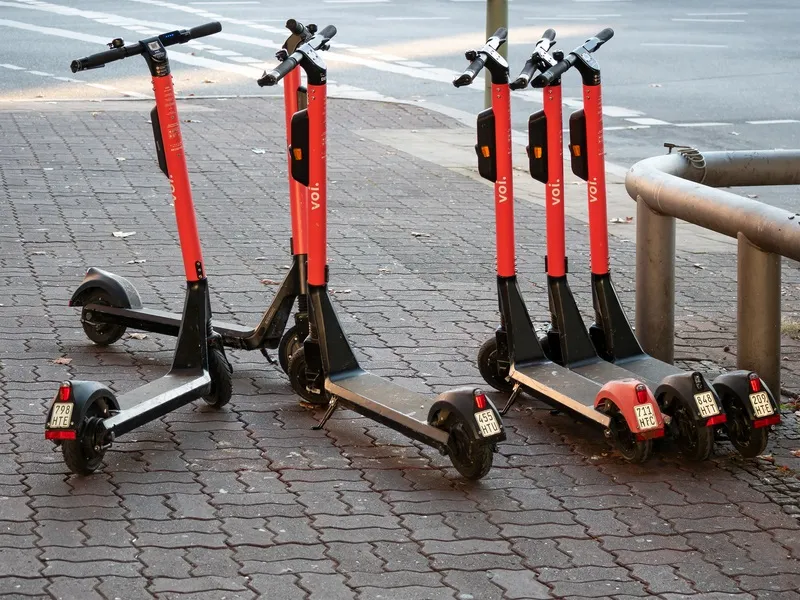
In essence the money will go towards enabling local authorities to introduce such things as app-based transport services, some of which contain Mobility as a Service (MaaS) or driverless elements.
For instance, the West of England Combined Authority will receive a share of the fund to introduce booking platforms that allow people to book one journey across multiple modes of transport.
The zone will also aim to use autonomous vehicles to transport people between Bristol Airport and the centre of neighbouring city Bath.
Meanwhile, Portsmouth and Southampton in the south of England will assess how technology can improve travel in car-dominated areas outside major cities and allow people to plan journeys through apps.
It will also trial new options for last-mile deliveries including e-cargo bikes in cities.
Additionally, Derby and Nottingham in the north of England will use £15m to invest in new mobility hubs that integrate and encourage more uptake of public transport, bike hire, car clubs and electric vehicles.
“Decarbonising transport is key to ending our contribution to climate change,” says Alok Sharma, secretary of state for business, energy and industrial strategy.
“This review could drive down transport emissions by making greener ways to travel available to more people. Future Transport Zones will also help to spur low carbon innovation by providing our best and brightest researchers with testing facilities for the clean transport technologies of the future.”
Alongside the investment, the government has launched a consultation to make journeys smarter and greener through new technology as part of the Future of Transport regulatory review.
The review will consider how people make small changes to their everyday travel decisions and whether it is possible to replace driving with walking, cycling or using the bus.
It will include a consultation on the impact of electric scooters on transport, with safety requirements relating to minimum age, vehicle standards and insurance. It will also consider if local authorities should have extra powers to manage the impact of where e-scooters can be parked.
UK transport secretary Grant Shapps, says: “This review will ensure we understand the potential impacts of a wide range of new transport modes such as e-scooters, helping to properly inform any decisions on legalisation.”










